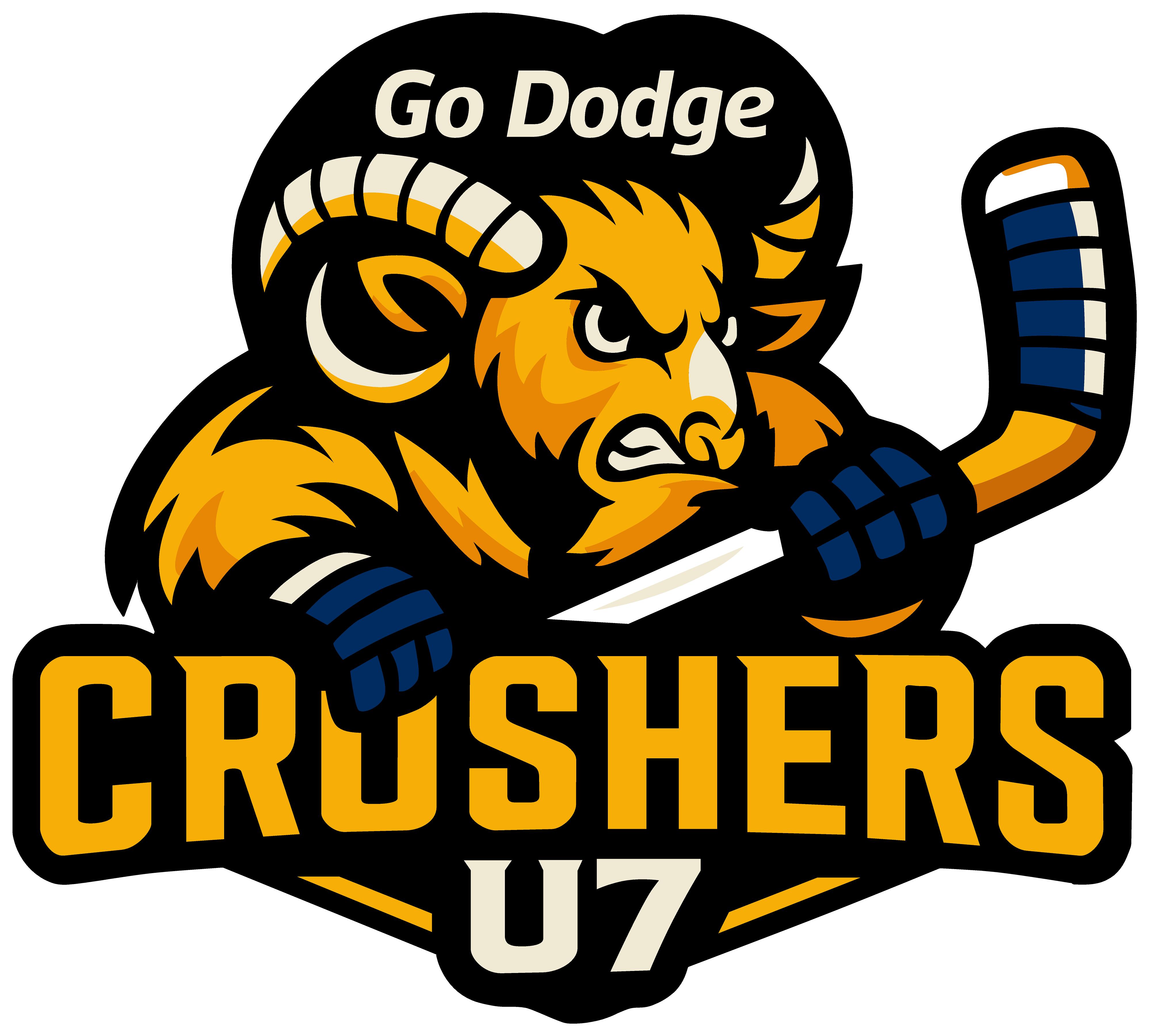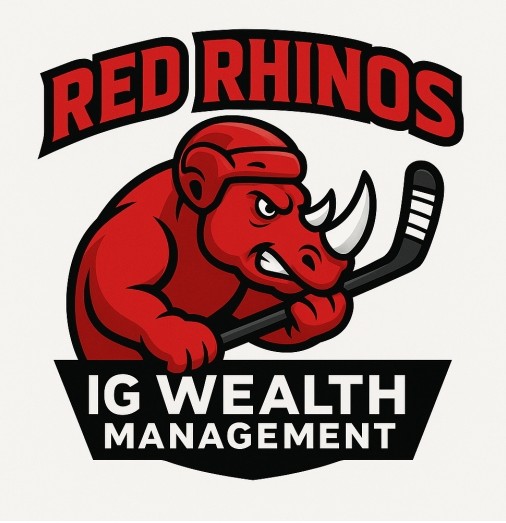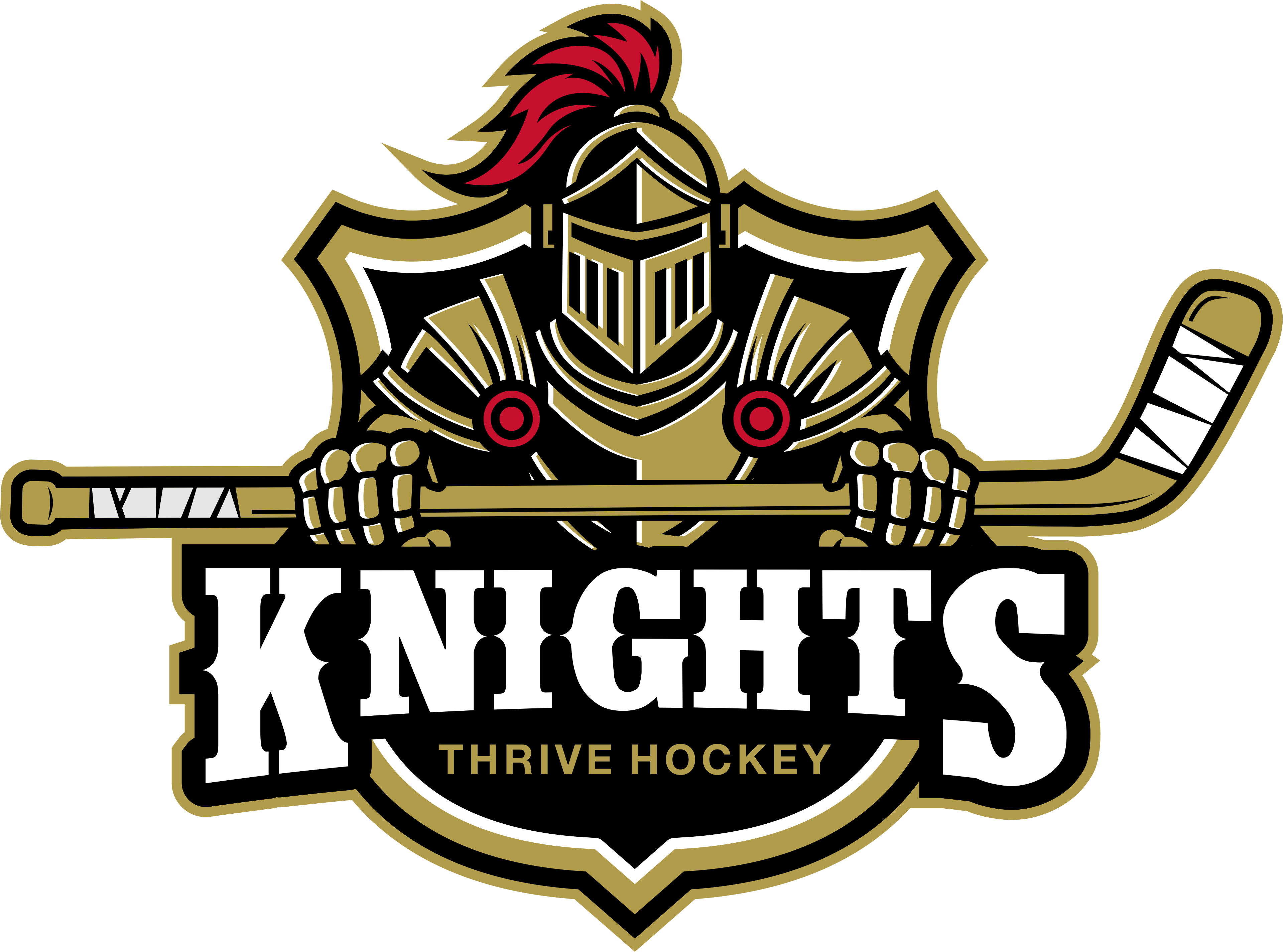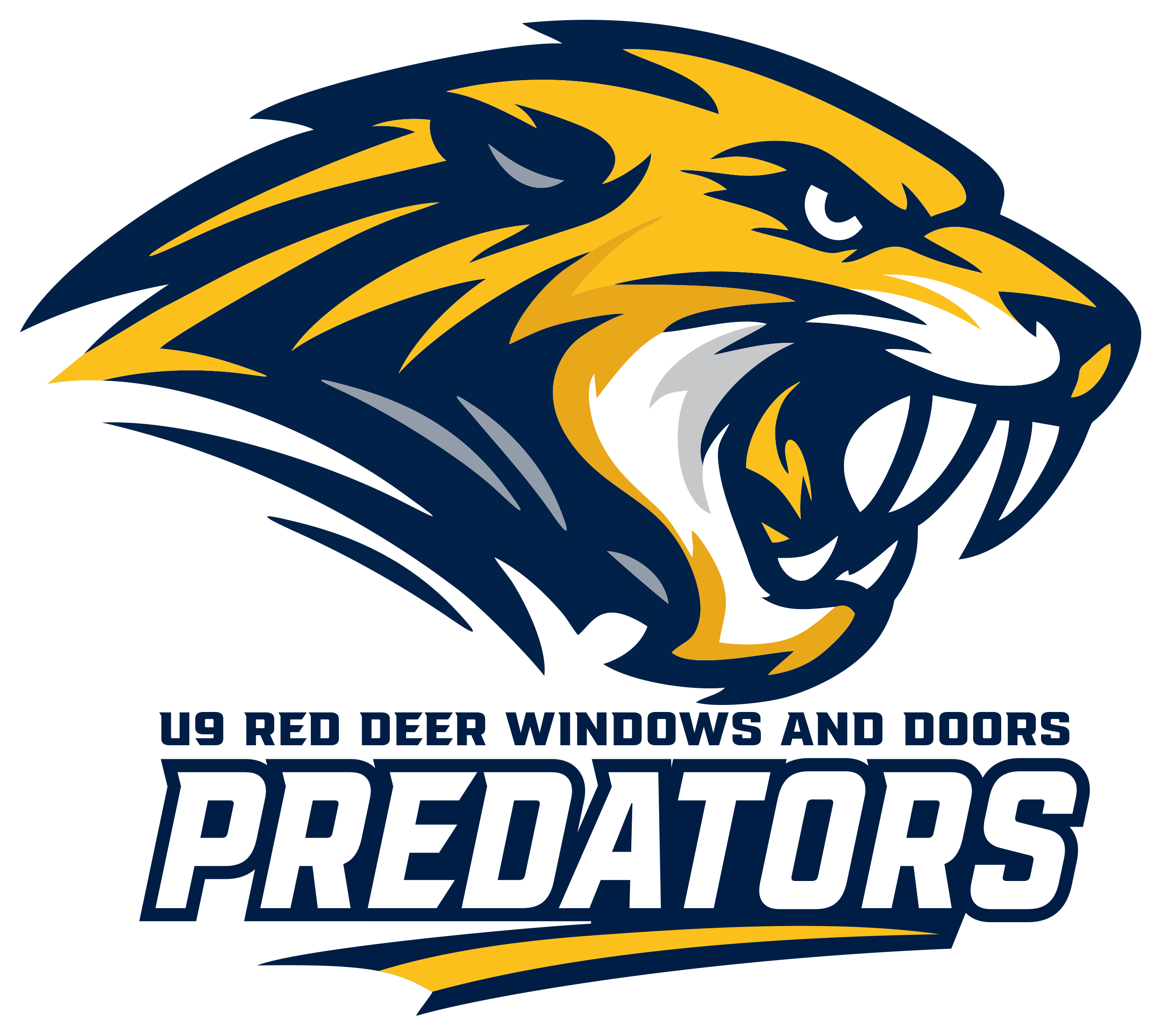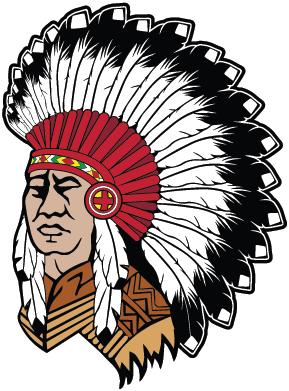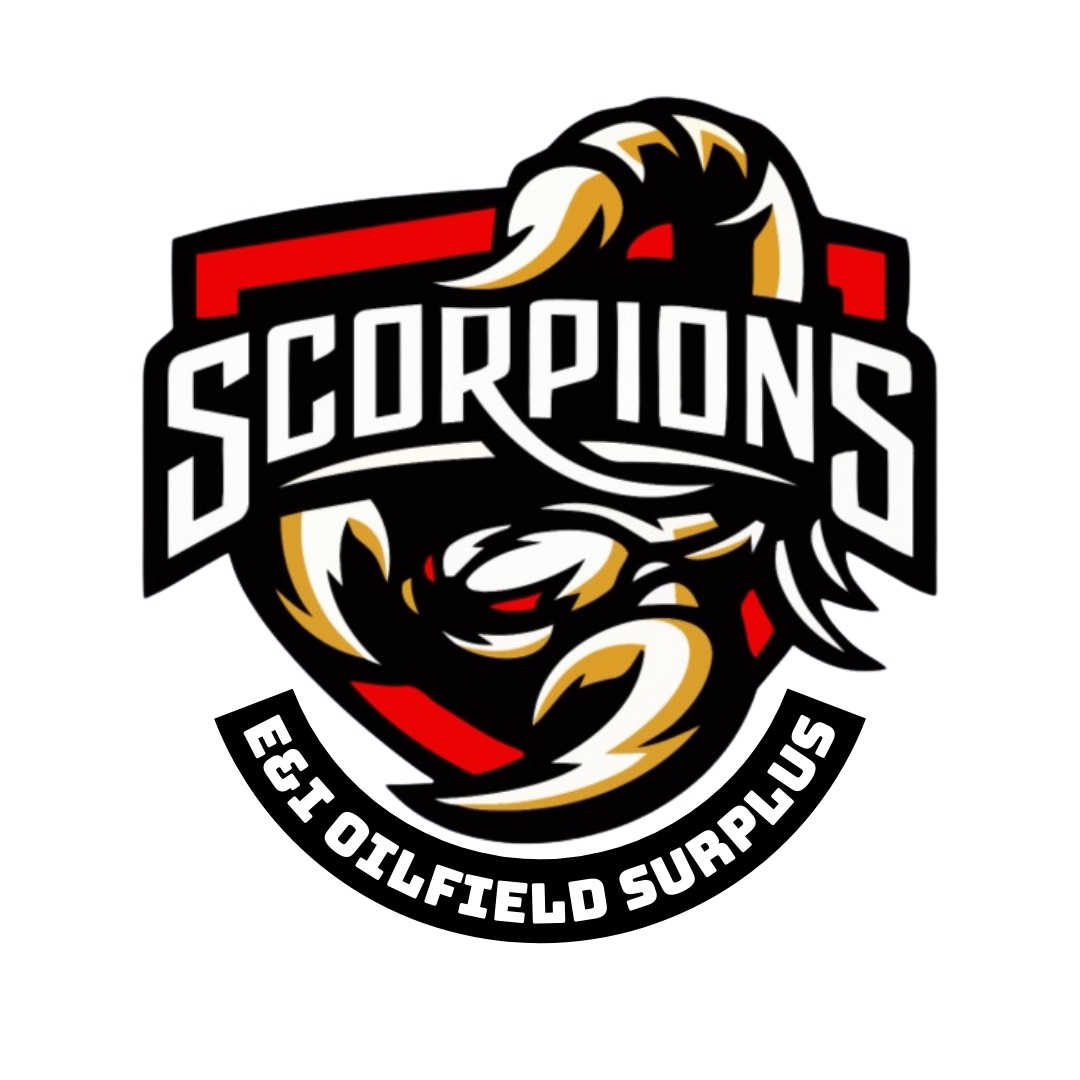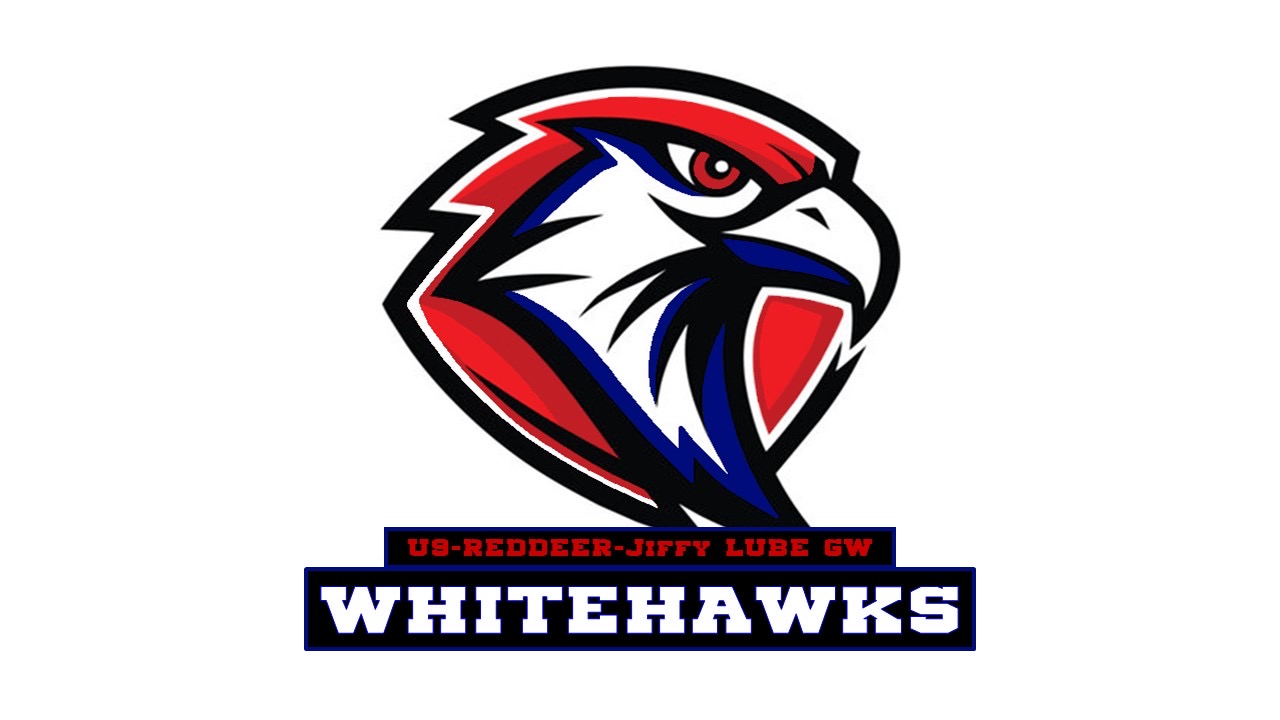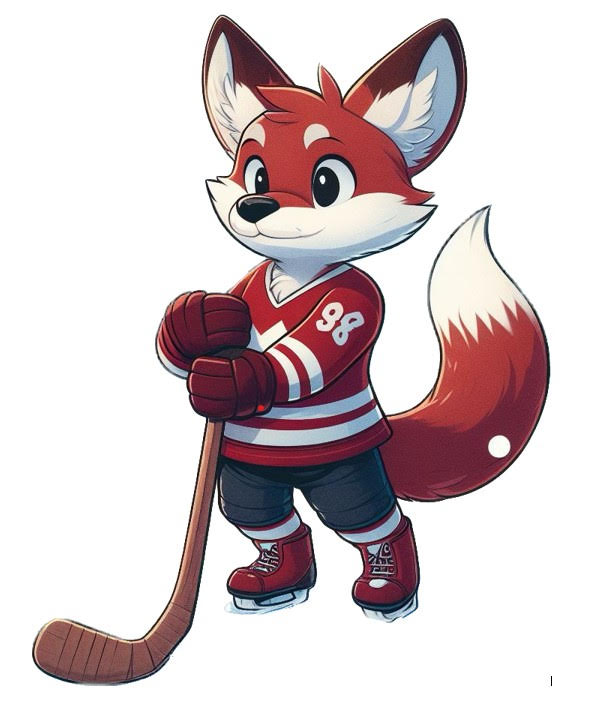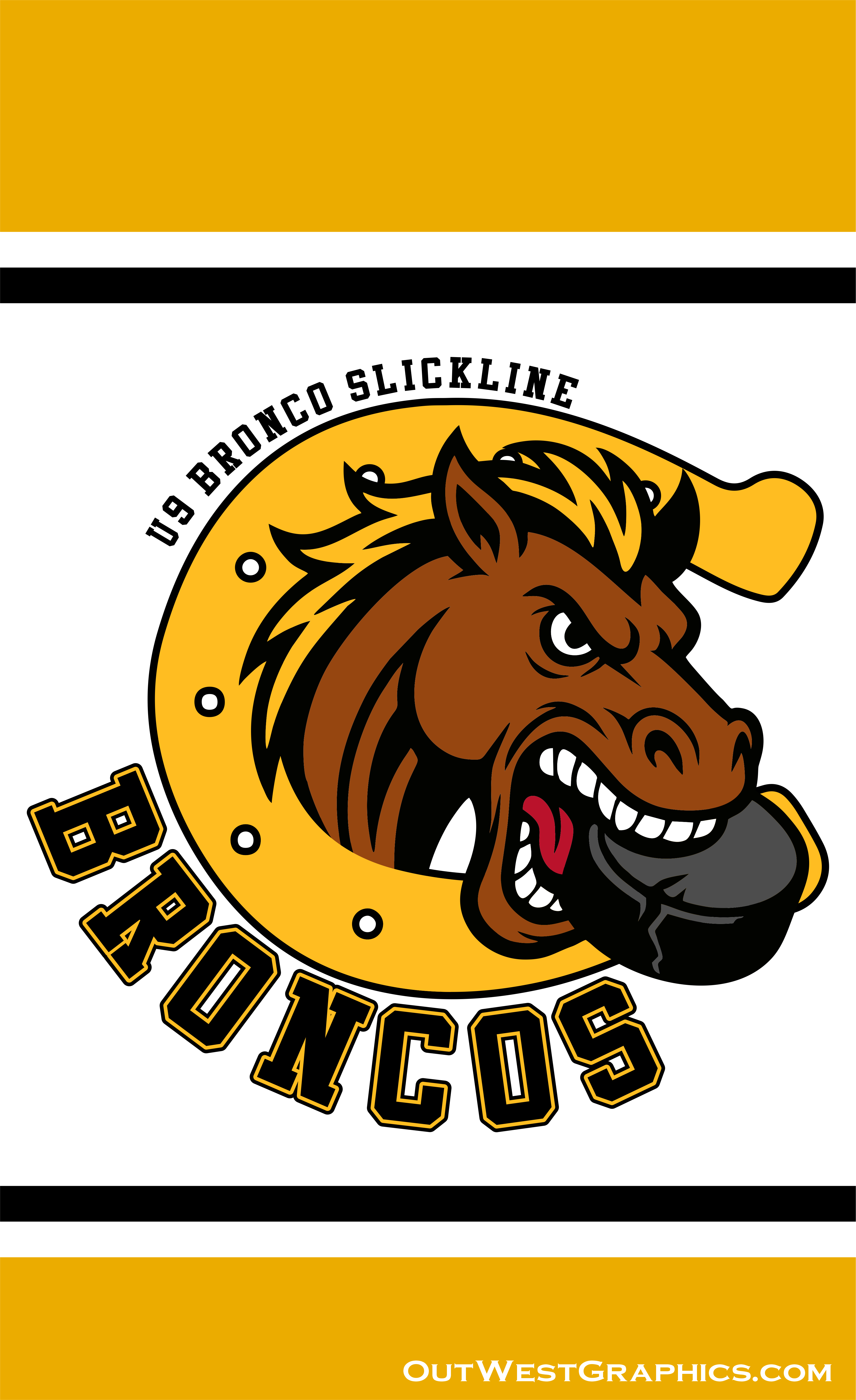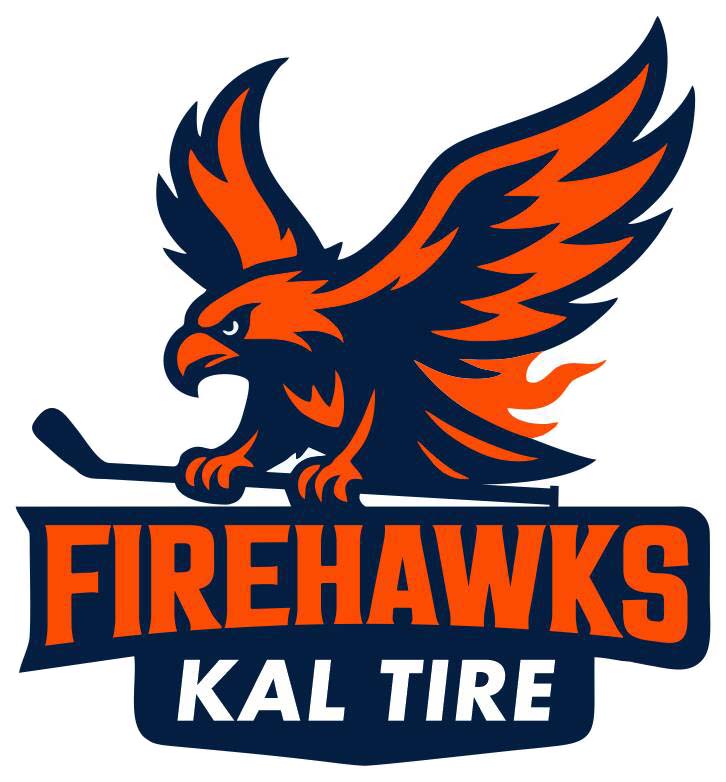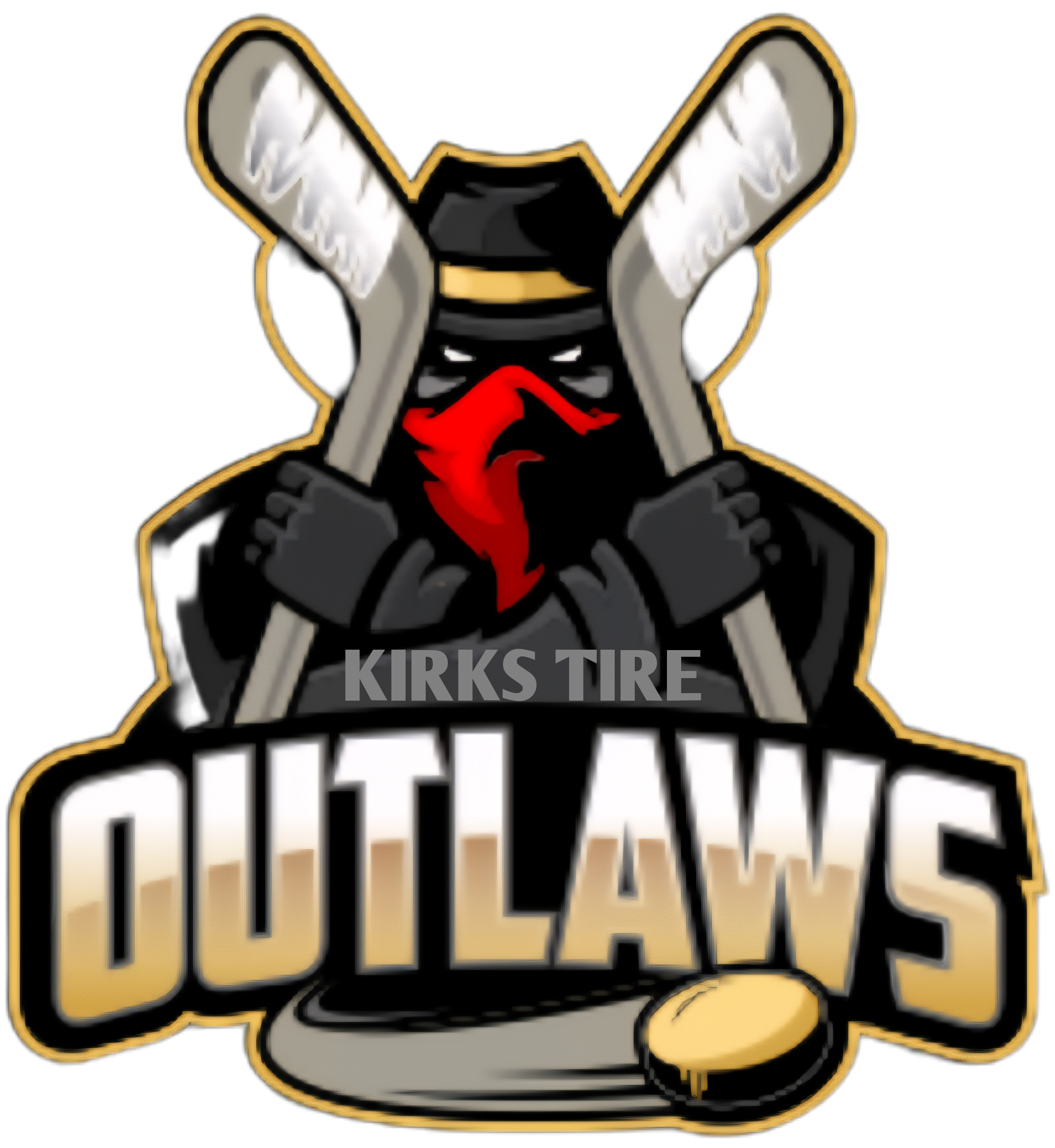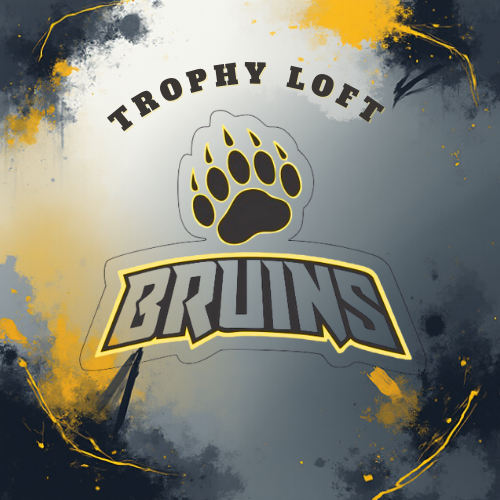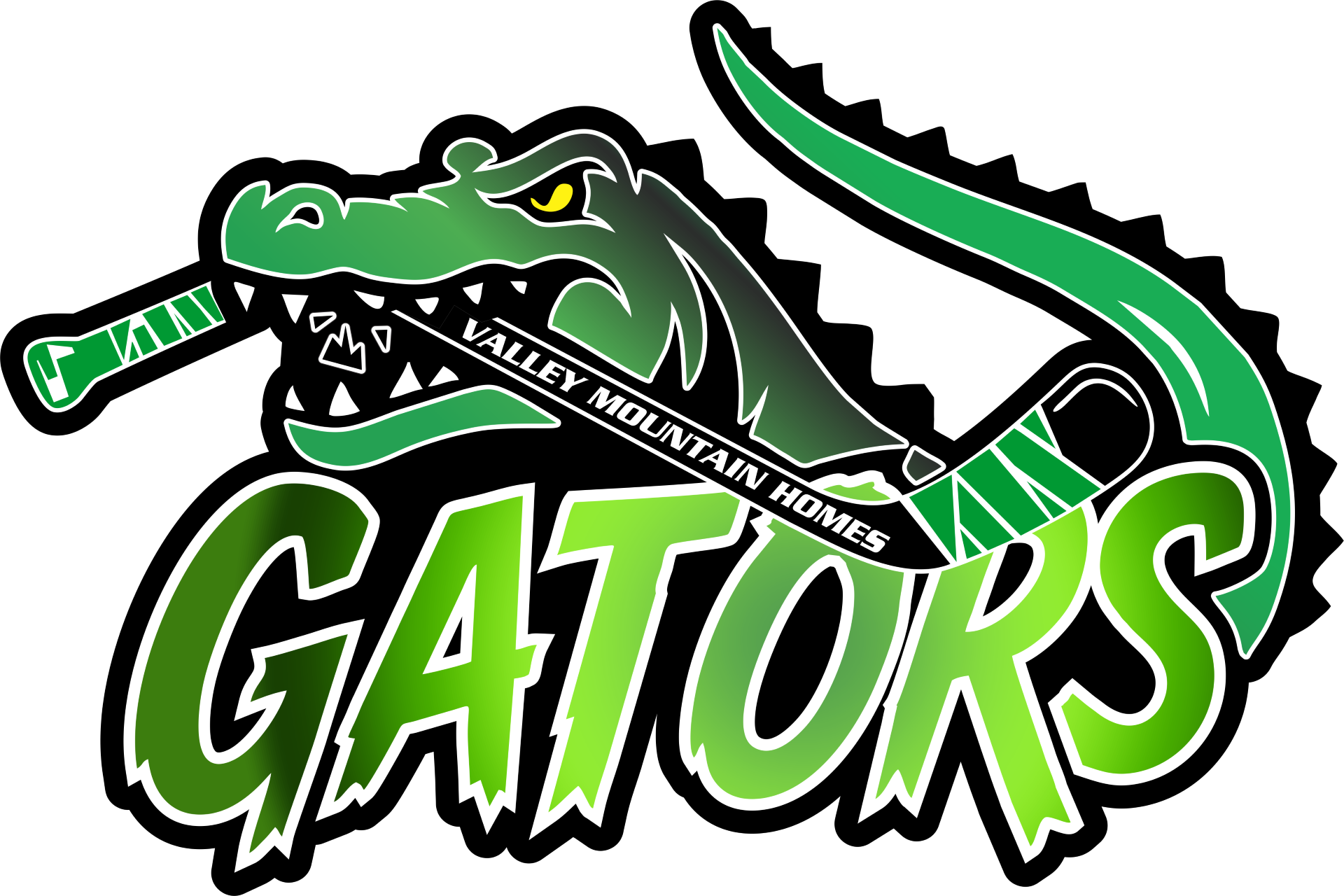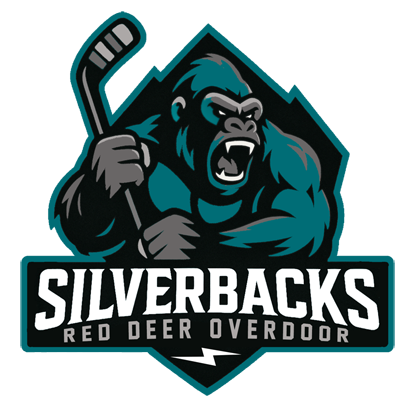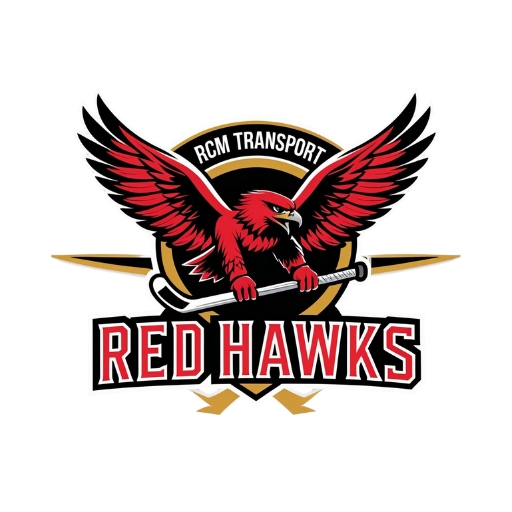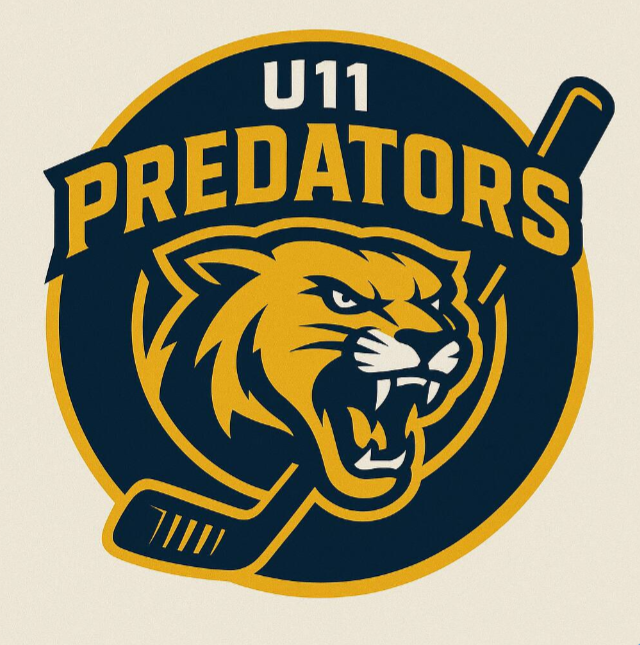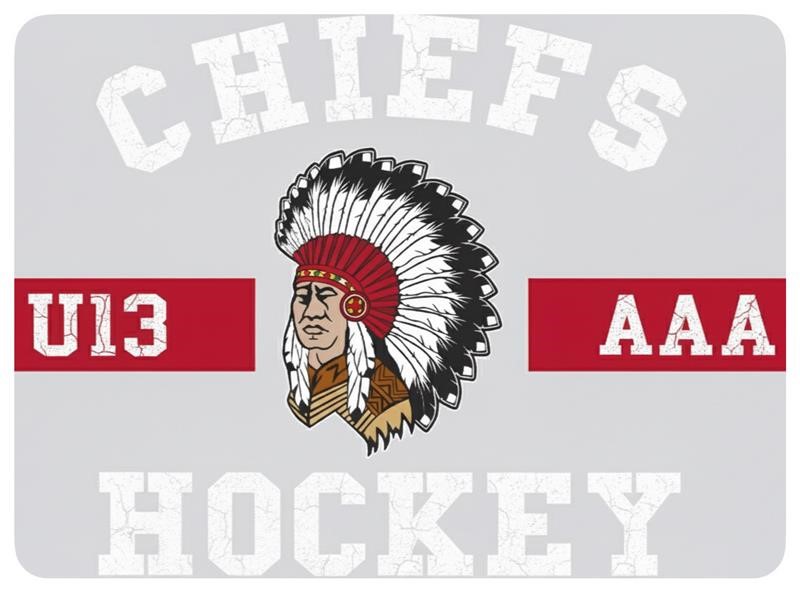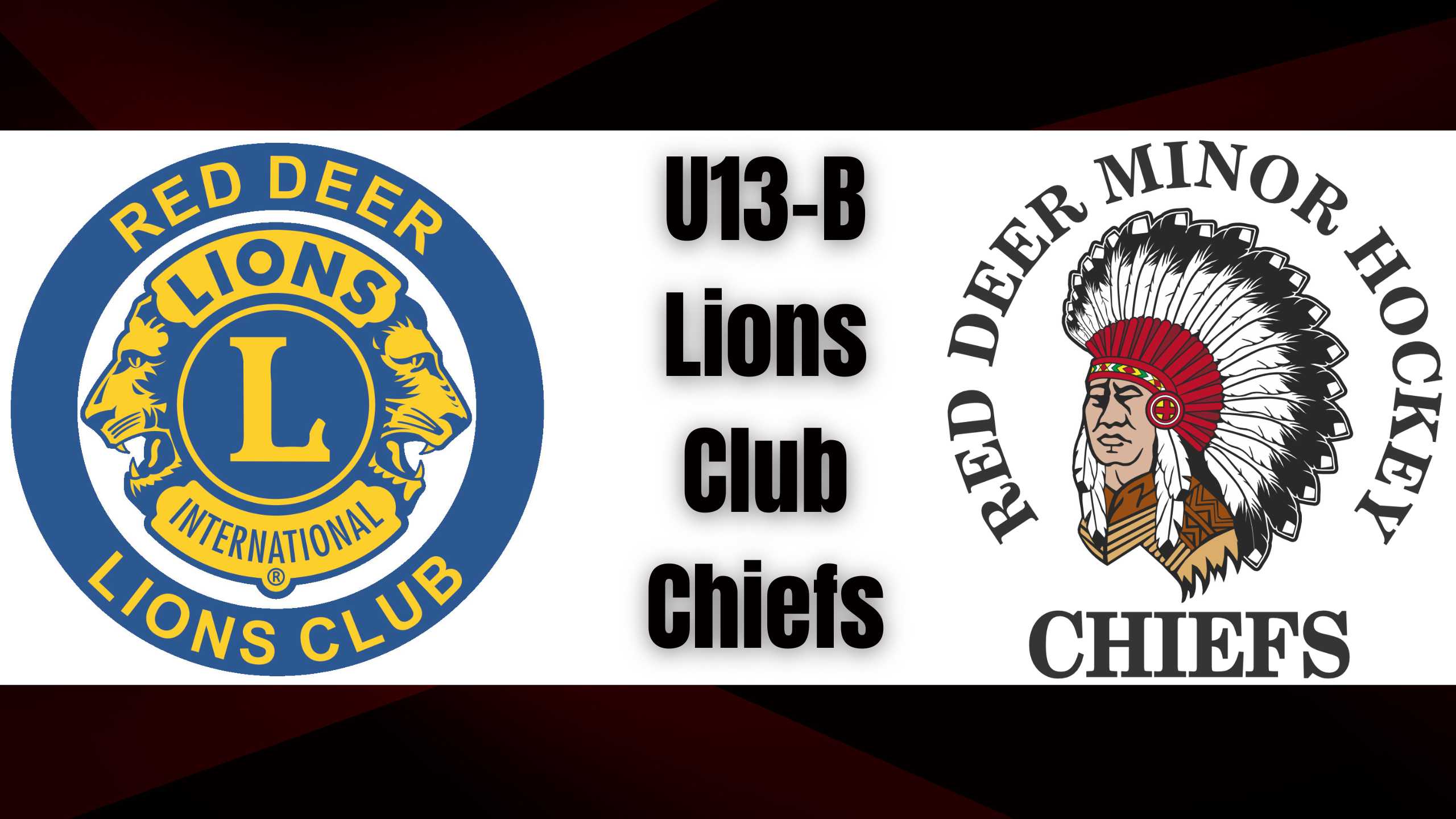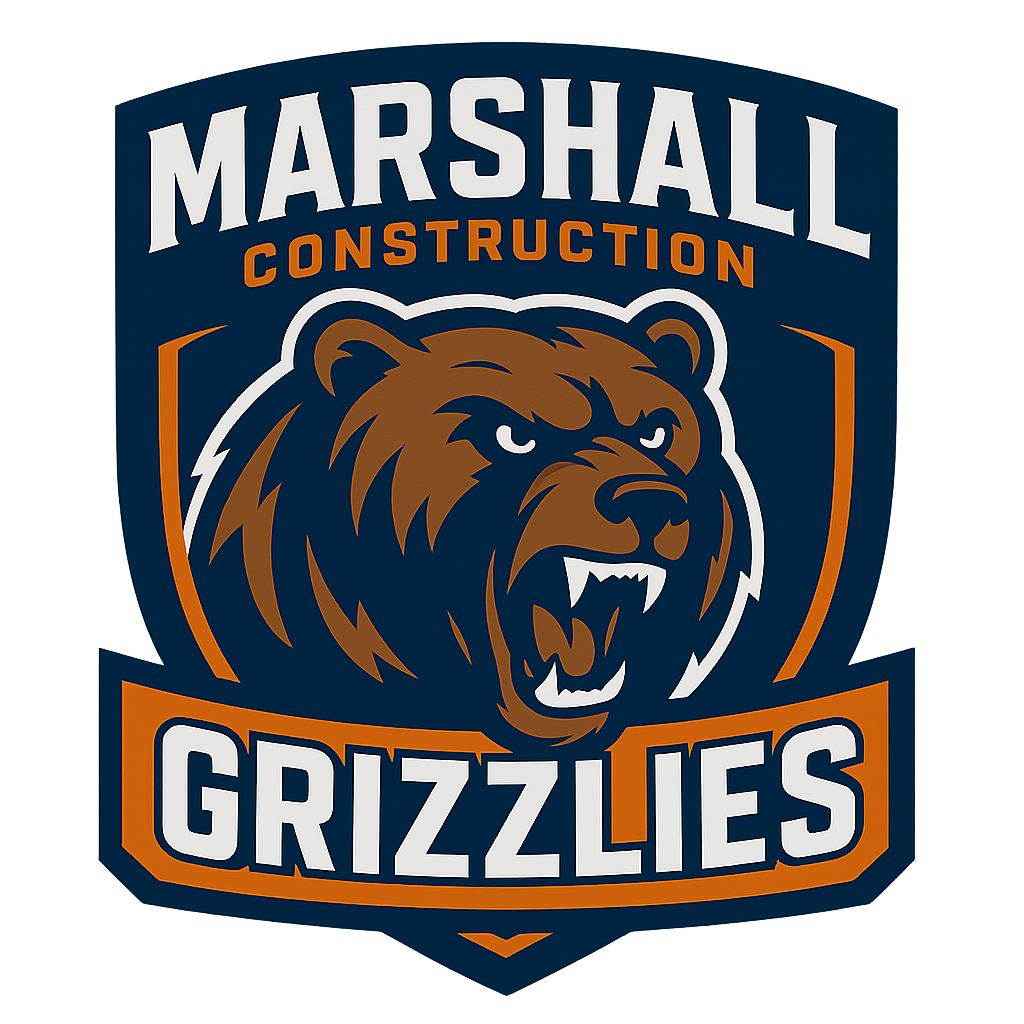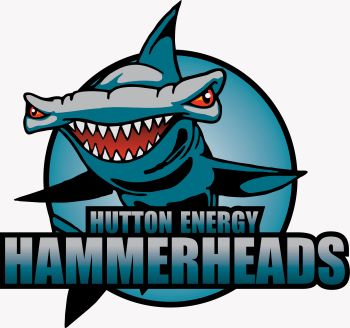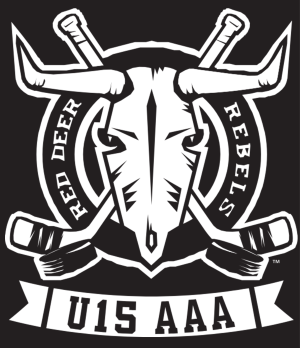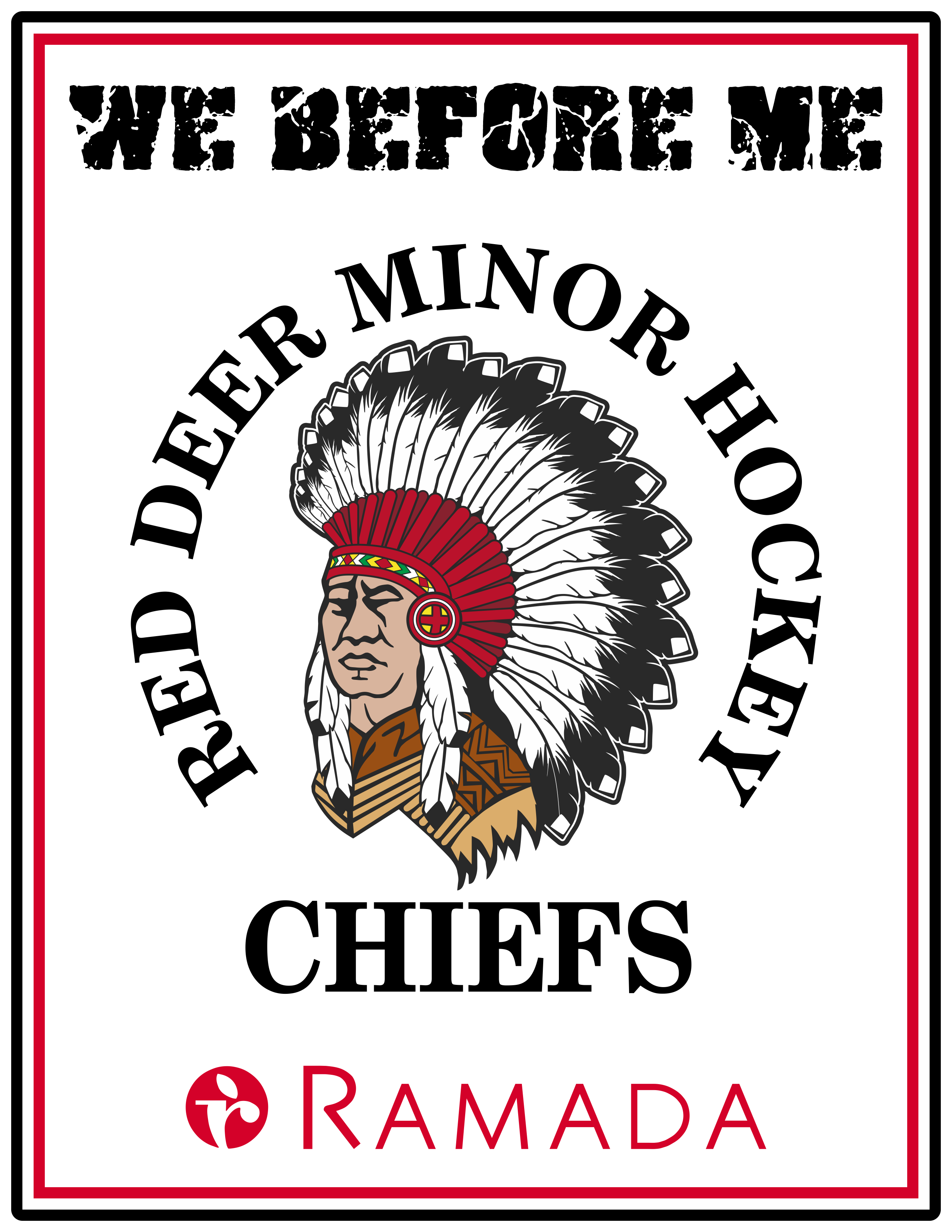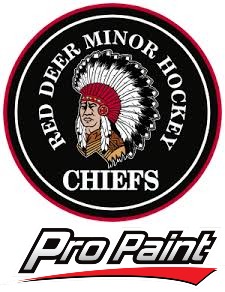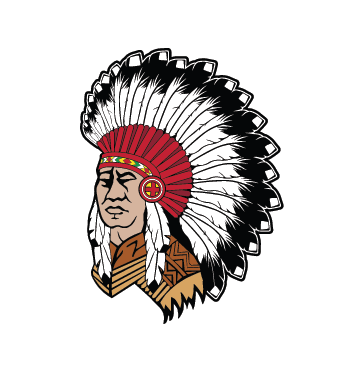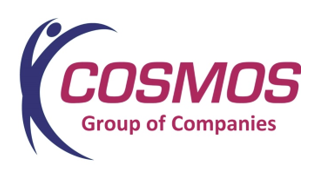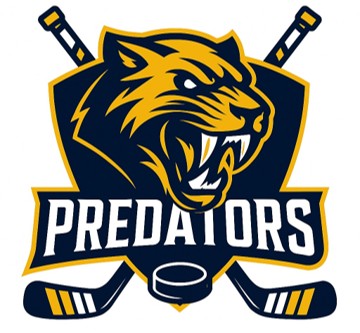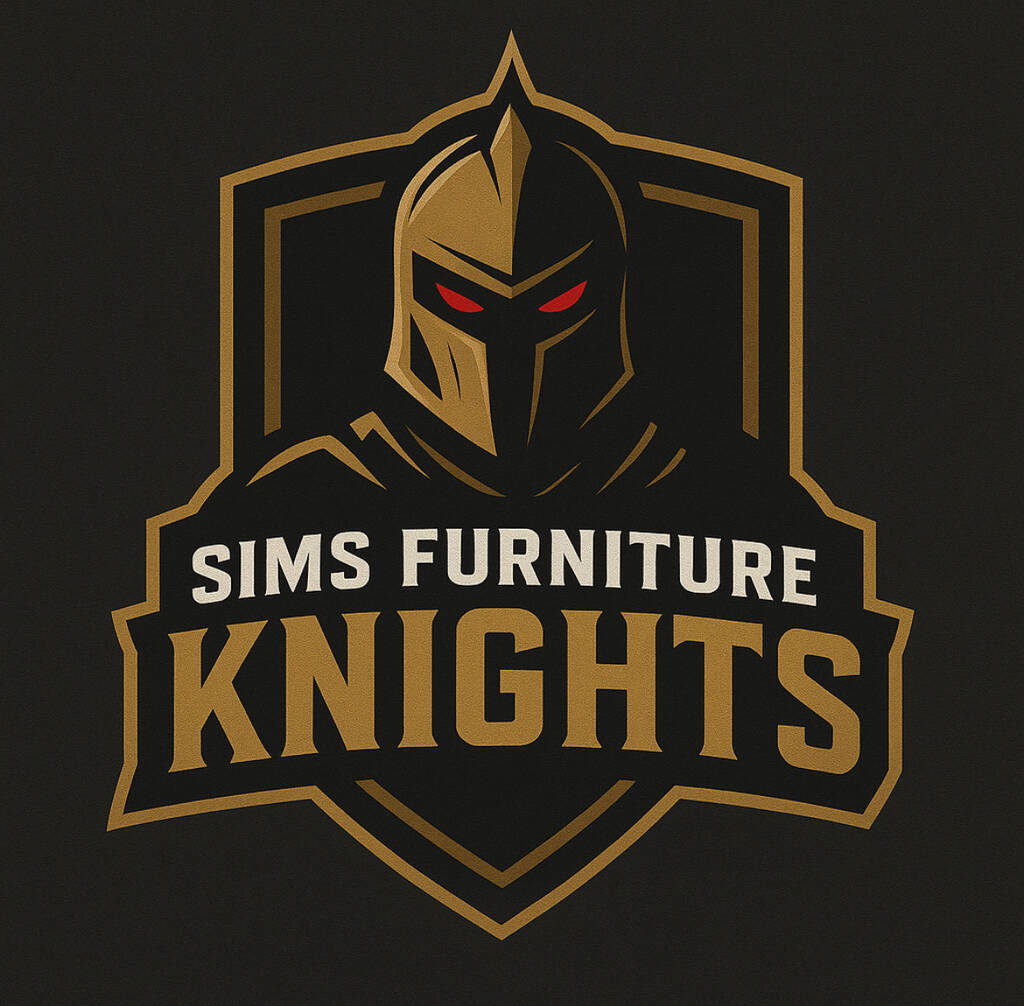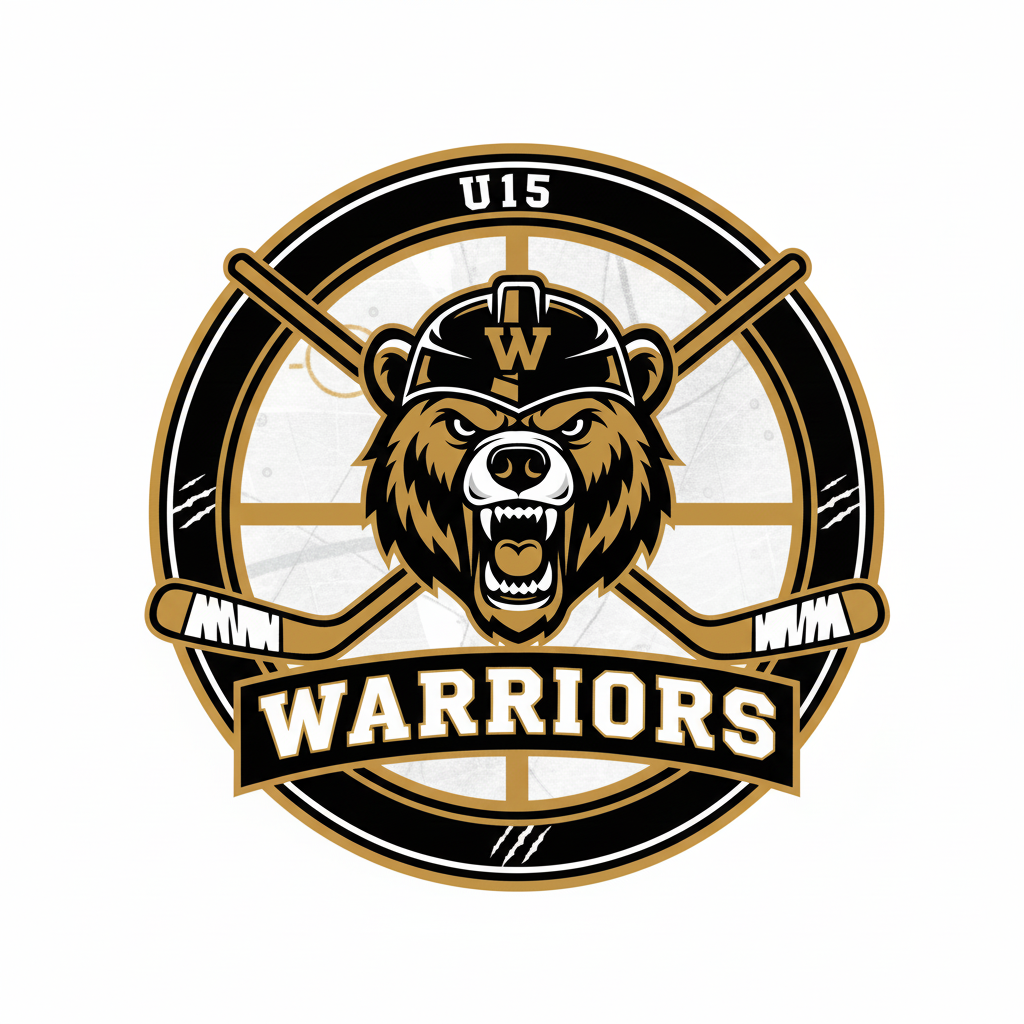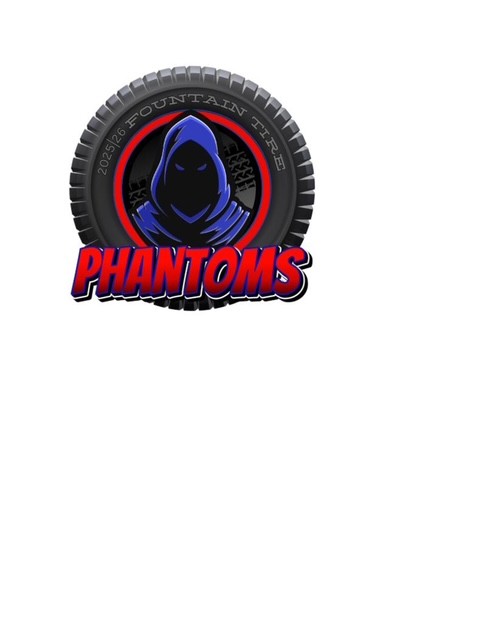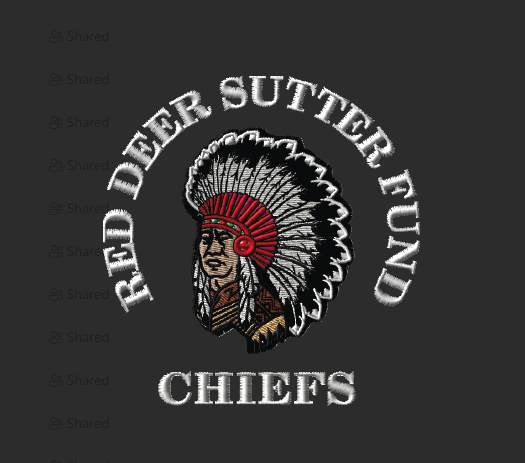RDMHC Codes of Conduct

VOLUNTEER'S CODE
1. Expect no special rights or privileges because you are a volunteer.
2. Understand that even though you may not agree with all RDMHC policies or practices, as a representative of the organization, you have an obligation to publicly support them and always abide by them. If you do not agree with them, you can work within the system to have them changed.
3. Accept that because you are a representative of the RDMHC, your actions, either positive or negative, reflect on all of the other volunteers in the organization.
4. Base all your decisions and actions on what is best for the majority of hockey players while respecting the rights of the individual.
5. Be prepared to listen and respond to any concerns brought to you.
6. Be prepared to listen to ideas from other people even though they may differ from your own.
7. Judge ideas on their own merit, and the benefit they can bring the hockey player and don't fall back on (But they've always done it this way).
8. Work patiently for improvement. Do not expect too much too quickly.
9. Be slow to anger and hard to discourage.
10. Anticipate people's shortcomings and make allowances for them.
11. Be prepared to put in long, hard hours with little or no recognition except the self-satisfaction of knowing you have accepted a challenge many turn away from.
PARENT'S CODE
1. Do not force an unwilling player to participate in sports.
2. Remember that participants should be involved in organized sports for their enjoyment, not yours.
3. Encourage son/daughter to always play by the rules.
4. Teach your son/daughter that honest effort is as important as victory and that if you give your best, then you have won, regardless of the score.
5. Turn defeat to victory by helping your son/daughter work toward skill improvement and good sportsmanship. Never ridicule or yell at your son/daughter for making a mistake or losing a competition.
6. Congratulate your son/daughter on honest effort and skill improvement, not just goals and assists.
7. Remember that players learn best by example. Applaud a good play by either team.
8. Do not publicly question the official's judgment and never their honesty. After all, have you offered to do the job?
9. Abuse of players, coaches, officials or volunteers will not be tolerated.
10. Actively support all efforts to remove verbal and physical violence from hockey.
11. Recognize the value and importance of volunteers. They give their time and resources to provide recreational activities for your son/daughter.
12. Attend most practices and games.
13. Have players at the rink at coaches specified times before games and practices.
PLAYER'S CODE
1. Play for the (fun of it, not just to please your parents or coach.)
2. Play by the rules.
3. Never argue with the official's decisions. Let your captain or coach ask any necessary questions.
4. Control you temper...No (mouthing off÷, throwing tantrums, breaking or throwing sticks or other equipment.
5. Work equally hard for yourself and your team...your team's performance will benefit and so will you.
6. Be a good sport. Cheer all good plays whether your teams' or your opponent's. Show some class.
7. Treat all players as you would like to be treated. Don't interfere with, bully, or take advantage of any player.
8. Remember that the goals of the game are to have fun, improve your skills and feel good. Don't be a show off...always trying to get the most points or penalties. You are part of a team.
9. Co-operate with your coach, team mates, officials and opponents.
10. Use of illegal drugs and alcohol (at any time during the season) at a sanctioned Minor Hockey Function, will result in suspension.
11. Use of tobacco products by minors will not be tolerated, and will result in disciplinary action.
12. Be a good citizen of our hockey community—show respect, be inclusive, and represent your team and association positively at all times (on and off the ice).
COACH'S CODE
1. Understand that you have an obligation to abide by the policies of RDMHC and that failure to do so could result in a loss of coaching privileges.
2. Make sure that your players understand and abide by the PLAYER'S CODE.
3. Be reasonable in your demands on the young player's time, energy and enthusiasm. Remember that they have other interests and being able to pursue those interests, as well as hockey, will help them maintain their enthusiasm and make them better hockey players.
4. Teach your players that the rules of the game are mutual agreements which no one should evade or break. Without them, there would be no game.
5. Remember that participants play for fun and enjoyment and that winning is only part of it. Never ridicule or yell at the player for making a mistake or losing a competition.
6. Develop team respect for the ability of the opponents, as well as for the judgment of officials and opposing coaches.
7. Follow the advice of a physician when determining when an injured player is ready to play. Player must obtain a letter from physician authorizing play.
8. Remember that players need a coach they can respect and look up to...Be generous with your praise when it is deserved and set a good example.
9. Make a personal commitment to keep yourself informed on sound coaching principles and the principles of growth and development in children, Attend all clinics and functions the RDMHC may hold from time to time.
10. Treat the players as you would like to be treated.
